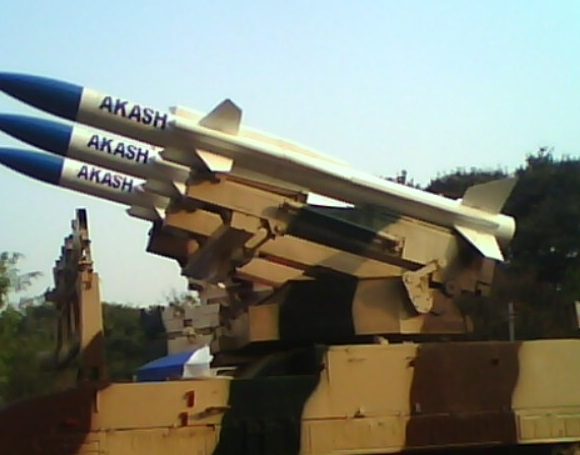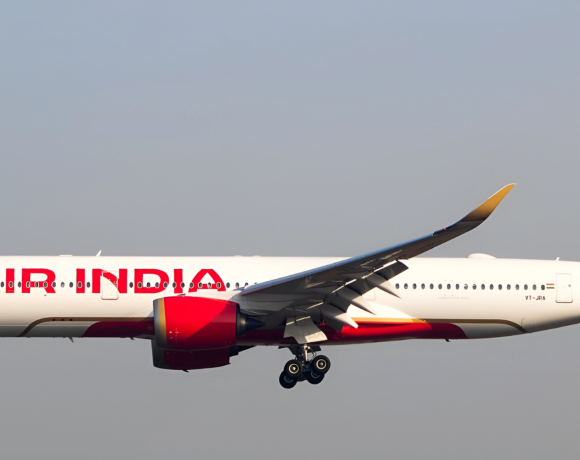
Tahawwur Rana Extradited to India to Face Charges in 26/11 Mumbai Terror Attacks
Tahawwur Hussain Rana, a Pakistani-born Canadian national and accused conspirator in the 2008 Mumbai terror attacks, has been extradited from the United States to India. His arrival marks a significant milestone in India’s ongoing efforts to bring all those responsible for the 26/11 attacks to justice. Rana is set to face trial under Indian law for his alleged role in aiding and abetting the terror plot that killed 166 people and injured over 300.
Rana’s Background and U.S. Conviction
A former Pakistani military doctor turned businessman, Rana was arrested in the United States in 2009 for providing material support to terror groups, including Lashkar-e-Taiba. He was convicted in 2011 in a U.S. court for supporting a planned terror attack in Denmark but was acquitted at that time of involvement in the Mumbai attacks. Despite this, India pursued his extradition for years, accusing him of playing a crucial role in the reconnaissance and planning stages of the Mumbai terror strikes.
His close association with David Coleman Headley, a key plotter of the 26/11 attacks, is central to India’s case. Rana allegedly helped Headley secure travel documents and run a business front that allowed him to survey targets in Mumbai, including the Taj Hotel and Chabad House.
Legal Proceedings in India
Upon arrival in India, Rana will be presented before a special National Investigation Agency (NIA) court in Delhi. The NIA is expected to seek his custody for interrogation and to confront him with evidence gathered over more than a decade, including communications, financial records, and testimonies from other accused. Authorities have made extensive security arrangements for his transit and detention, and he is likely to be lodged in Tihar Jail under high-security protocols.
Diplomatic and Legal Significance
The extradition is being hailed as a diplomatic and legal success for India, which has long sought accountability for the 26/11 attacks that were planned and executed with cross-border support. Rana’s presence in Indian custody could open new leads, particularly concerning the role of Pakistani handlers and possible state involvement in the attack.
His trial is expected to draw intense public and international attention, especially as India continues to demand action against other masterminds still believed to be at large. Victims’ families have welcomed the development, expressing hope that Rana’s extradition will help uncover the full extent of the conspiracy and deliver long-overdue justice.
As proceedings move forward, India now prepares for what could become one of the most significant terror trials since the 26/11 attacks shook the nation and the world.


















